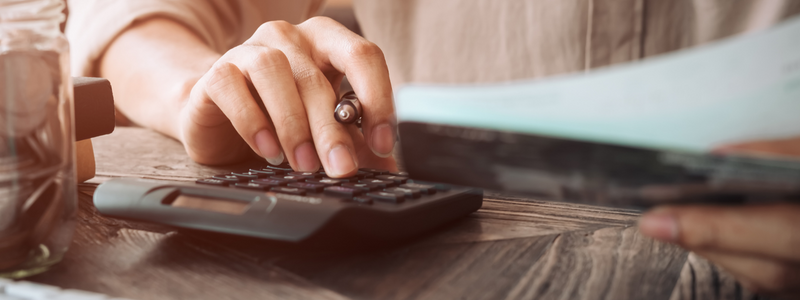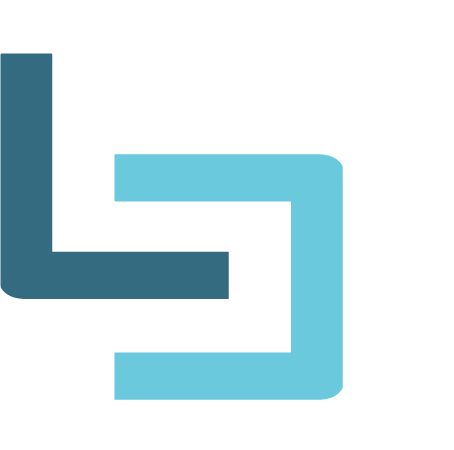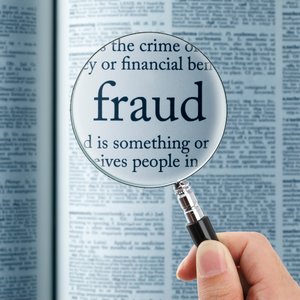
COVID-19 hit the Canadian economy hard. Tourism and air travel practically stood still; farmers feared bankruptcy; stores closed to walk-in customers; and grocery store shelves were decimated as consumers panic bought. Although the Government of Canada implemented many social security and financial aid programs to combat the economic impact of COVID-19, it could not completely prevent a financial crisis – Canada is in a recession. While some consumers have seen improvements to their financial standing, there are indications that the recovery period from the COVID-19 pandemic will be slow.
Understanding a Recession and Recovery
A recession occurs when the economy has two consecutive economic quarters of negative growth. COVID-19 caused a massive loss of productivity that was unable to be compensated for in other sectors of the economy. We saw a rise in unemployment from shutdowns attempting to prevent the spread of the virus; while consumers spent less and had less confidence in the economy. The Bank of Canada lowered interest rates in an attempt to get more money into the economy and reverse the recession.
Recovery from the pandemic has begun, but it will take time to recover from the recession. Consumer demand will remain low until the anxiety and fear of a pandemic slow down.
Consumers Have Improved Their Financial Position
According to Equifax, the average consumer has seen their credit card balances decline during the pandemic. Most people aren’t shopping like they were pre-COVID. Lower debt levels on credit cards allowed some to focus on paying off other non-mortgage debts and missing fewer payments; all of which helps to improve credit scores. Although the pandemic increased unemployment rates, Equifax’s research shows that some consumers have actually managed to improve their financial standings.
The Financial Impact on Businesses
Unfortunately, as consumers use less credit, it impacts small-to-medium businesses negatively. According to Equifax, the data suggests that businesses may continue to experience tough times as they rely on credit as part of their daily operations. Small businesses, in particular, must spend money to make money. Because spending is slow, businesses will find it harder to rebound. The government bailouts, that have been keeping some businesses afloat, will need to be paid back in taxes, which can only happen as the economy recovers. As the country reopens and begins to see economic growth, the financial crisis may begin to lift as well; but it won’t be over for quite some time.
What Can You Do To Take Care of Your Finances in a Recession?
The COVID-19 pandemic not only presented a threat to public health around the world, it also impacted the finances of individuals and businesses. As consumer demand remains low, recovery also remains difficult.
By preparing for a recession, you can be better equipped to weather the economic fluctuations more effectively. Here are a few tools to help recession-proof your finances:
Have an Emergency Fund
Most financial experts recommend having at least three months of net income in a savings account. This should be enough for you to survive on if you lose your job and need to find new employment. If you have your own savings, you hopefully won’t need to borrow money to stay afloat. While the budget may need tightening, you’ll breathe easier knowing you don’t owe money when you’re back on your feet. Alternatively, a secure line of credit might be an option if you haven’t managed to save enough.
Pay Off Credit Card Debt
While trying to weather a recession, you don’t want to be paying high interest rates on credit cards, especially if you’re out of work. When you spend more than you can pay off, a credit card ends up costing you more than it’s worth; especially if you find yourself carrying a balance on more than one card. If you find yourself in this situation, you may want to consider a consolidation option to reduce the interest expense. If you, like many, have a problem with using your credit card beyond your means, you may want to consider a prepaid option. For example, a KOHO credit card only allows you to spend the money you load on it. Without losing the functionality of a credit card, it reduces your ability to spend beyond your means.
Keep Your Credit Score High
When times get tough, a better credit score will help you with your loan options. You can work to keep your score high by paying your bills on time, keeping your debt-to-credit ratio low and maintaining communication with your creditors. Planning ahead helps your accounts stay in good standing so you can continue to be a customer instead of having debt written off.
Work on Paying Down Your Mortgage
For most people, their biggest monthly expense is their mortgage payment. If you’re able to pay a little extra toward your mortgage when things are good, it can give you some financial flexibility when they’re not. It can also help shave a few years off your mortgage. When you’re ahead of schedule on your mortgage, you may be able to ask your lender to skip a payment or two while out of work.
While the pandemic is settling and the country is reopening, it may still be many months until Canadians stop feeling the financial effects. And as government assistance programs come to an end, you may still be in need of assistance. Use our no obligation application form to see what options are available to you to help get your finances back on track.


